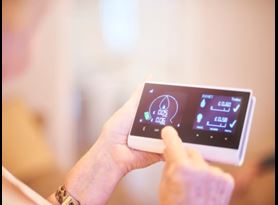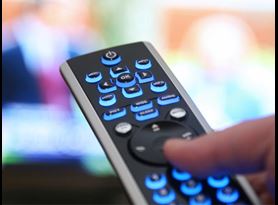A Guide to Gaining SABS Approval for EMC Emissions and Immunity
Businesses seeking to import or sell products with South African consumers must first gain SABS Approval. This requirement applies to any product that includes components that emit electrical noise, such as electronic circuit boards, motors, drivers, or oscillator clocks.
Below, we explore SABS what you need to know to gain SABS Approval for your products.
What is SABS?
The South African Bureau of Standards, or SABS, is a certification body accredited by South African National Standards, or SANS. The SABS Certification Mark acts as a third-party guarantee of a product’s quality, safety, and reliability, assuring consumers that the product conforms to specifications based on ISO / IEC 17065.
SABS Certification gives assurance to the purchaser that the product meets the following:
- Safety (complies with all statutory requirements)
- Quality and fitness for purpose (meets an appropriate standard)
- Redress (SABS intervention on behalf of customers)
SABS A-Lab Program
Test laboratories that gain accreditation to perform EMC testing for products targeted at the South African market are part of the SABS A-Lab Program. This program allows test facilities to conduct testing and certify that commercial electrical devices meet requirements for a diverse range of products, including:
- Household products (including appliances and electric tools)
- Information technology equipment (ITE)
- Medical devices (excluding telecommunications equipment operating in the ISM bands mandated by ITU-R)
Element’s EMC laboratories in Brooklyn Park, MN, Irvine, CA, and Hillsboro, OR have successfully completed the program requirements to become part of the A-Lab Program. These labs hold a range of accreditations and approvals including ISO/IEC 17025:2005 from NVLAP, A2LA, approval to ISO 9001:2008, and are a Notified Body against the RED & EMC Directives.
How to gain SABS approval for EMC emissions and immunity
To earn SABS Approval, a product must be tested against the South African National Standards (SANS). Additionally, the manufacturing facility where the product is produced must also be inspected to determine if it has an adequate quality assurance system. It is important to note each individual product will require its own SABS Approval. If the product meets the specifications of the SANS specific to that category of product, it is awarded the SABS Mark.
SANS specific to each product category
Household products
- Emissions: SANS 214-1 (CISPR 14-1);
- Immunity SANS 14-2 (CISPR 14-2)
Information technology equipment (ITE)
- Emissions SANS 222 / SANS 2332 (CISPR 22 / CISPR 32)
- Immunity SANS 224 / SANS 2335 (CISPR 24 / CISPR 35)
Medical devices (excluding telecommunications equipment operating in the ISM bands mandated by ITU-R)
- Emissions SANS 211 (CISPR 11)
- Immunity SANS 224 (CISPR 24)
Getting started with SABS approval for your products
To ensure successful SABS testing and approval, start with a consultation with one of Element’s Engaged Experts to help determine which standards are applicable to your product. Our team has over 30 years of experience helping companies meet the EMC standards and regulations of nearly 200 countries around the world. We offer expertise to get your products to market faster—contact us today.
Find related Resources
Get white papers, updates and event invites
Subscribe to content updates
Related Services

Medical Device EMC Testing
Element is the ideal partner for EMC testing, safety, certification and global approvals of your Class I, II and III electronic medical devices.

Internet of Things (IoT) Testing & Certification
Our IoT testing services cover a wide range of wireless devices including radios, Wi-Fi, RFID, ZigBee, Bluetooth and BLE devices, with customers from a variety of industries.

Wireless Radio
Find out how Element works with chipset vendors to enable them to deliver their wireless products to market by providing testing, certification and approvals.

Aerospace EMI/EMC Testing
Element has a proven record of delivering high-volume EMI/EMC testing to meet standards such as RTCA/DO-160 for civil aircraft requirements.

